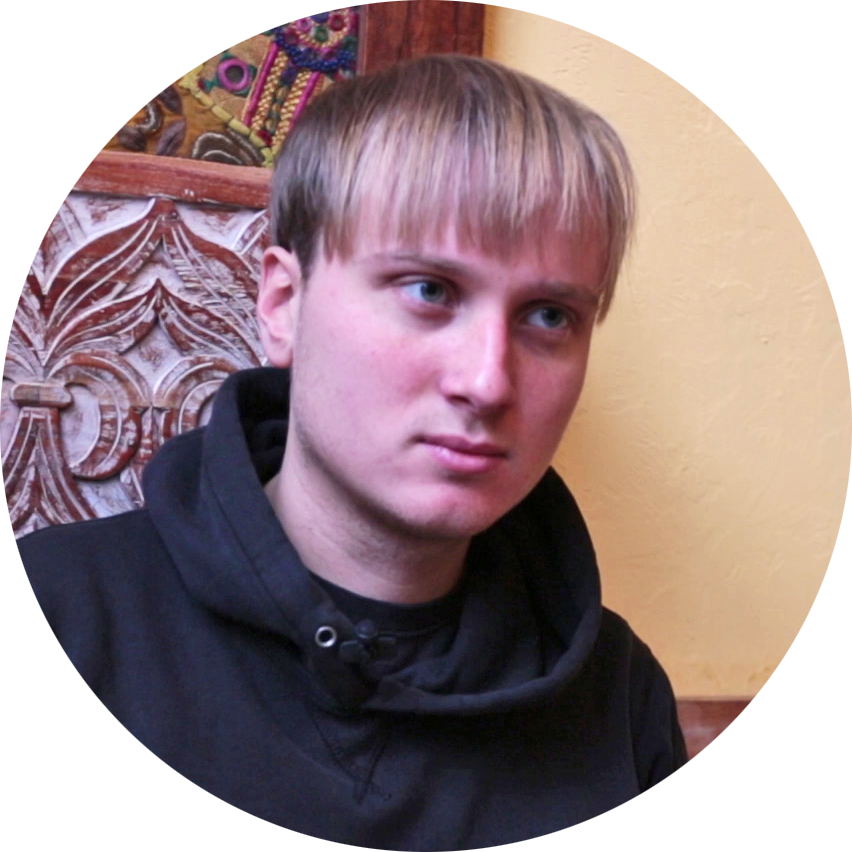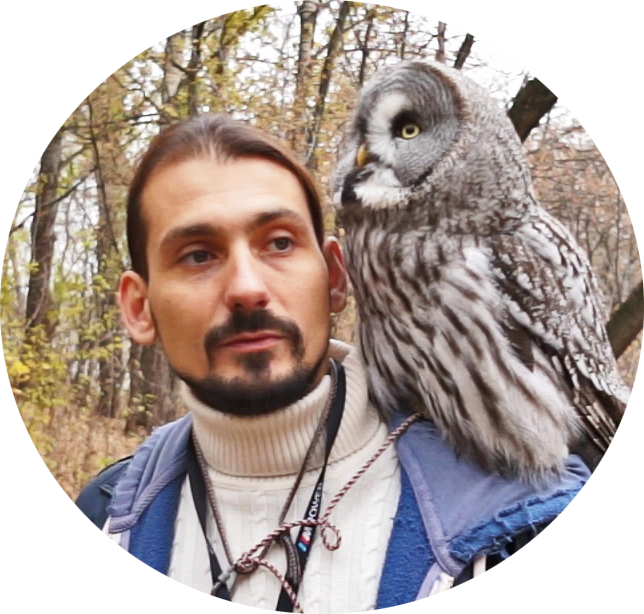Being a vegan in Russia
Veganism is the strictest form of vegetarianism, which prohibits the consumption of all animal products. In Russia it is becoming fashionable.
 Andrey, 25, gave up meat when he was two years old. It's hard to say how it all began — most likely with an aversion to fish soup in kindergarten. Since then he’s stopped eating meat and fish. Now he is a vegan with some lapses — he eats eggs and yogurt. “Even though it’s becoming a trend, it still raises eyebrows when I say I don't eat meat. “What do you eat then?” people ask. Only in Russia you can hear: “Come on, you're a man!” There is a patriarchal prejudice that men need to eat meat and more nutritious food than women, who tend to be more “fragile”.
Andrey, 25, gave up meat when he was two years old. It's hard to say how it all began — most likely with an aversion to fish soup in kindergarten. Since then he’s stopped eating meat and fish. Now he is a vegan with some lapses — he eats eggs and yogurt. “Even though it’s becoming a trend, it still raises eyebrows when I say I don't eat meat. “What do you eat then?” people ask. Only in Russia you can hear: “Come on, you're a man!” There is a patriarchal prejudice that men need to eat meat and more nutritious food than women, who tend to be more “fragile”.
Even in Moscow there are few restaurants that offer a vegan menu, although this trend has spread simultaneously in the last 10 years with yoga and healthy living in general.
In Russia, veganism is made harder by the climate. It seems easier to be vegan somewhere in the south than in snowy Siberia, where it's hard to subsist on raw vegetables, which are only in season in summer and autumn. How to obtain nutrients in the winter? Doctors in Russia can't come to a consensus. Many believe that it is better to eat foods that are grown where you live or where you were born. You simply absorb and digest them better than something exotic.
 Mikhail, 35, has tried both vegetarianism and veganism. Not eating meat gives a feeling of lightness and vivacity, it's easier to sleep. “In the winter you just have to include more nuts and dried fruit in your diet." He adds that he sees no reason to fanatically accumulate proteins as if there was a war or famine.
Mikhail, 35, has tried both vegetarianism and veganism. Not eating meat gives a feeling of lightness and vivacity, it's easier to sleep. “In the winter you just have to include more nuts and dried fruit in your diet." He adds that he sees no reason to fanatically accumulate proteins as if there was a war or famine.
"If the most “Russian” animal, the bear, can be both a carnivore and a vegetarian, then why can’t man?"
All rights reserved by Rossiyskaya Gazeta.